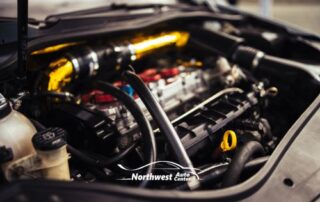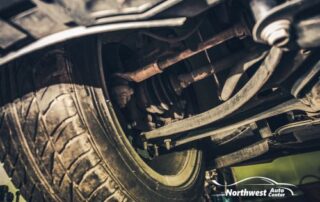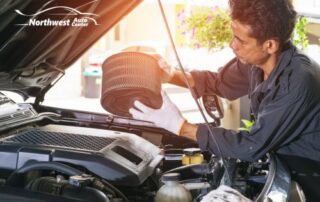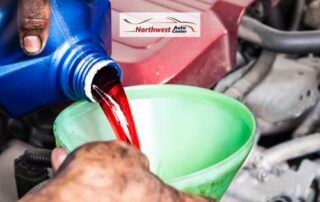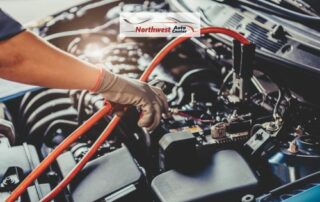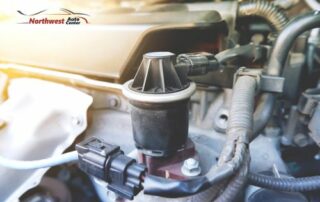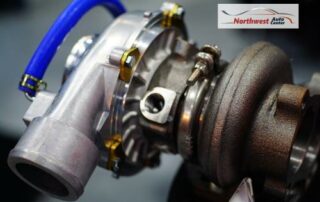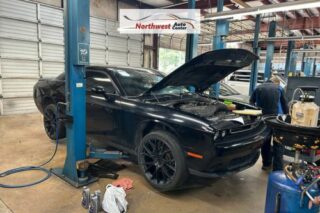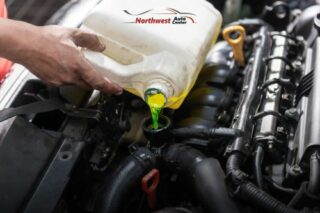The Role of the PCV Valve
When it comes to vehicle maintenance, most drivers focus on major components like the engine, transmission, or brakes — but what about the PCV Valve? There are smaller, often overlooked parts that play a critical role in keeping your vehicle running smoothly. One such part is the Positive Crankcase Ventilation valve. While it may be a small and inexpensive component, the PCV valve is vital to your engine’s performance, fuel economy, and emission control. What Is the PCV Valve? The PCV valve is part of your vehicle’s emissions control system. It was introduced in the 1960s as a way to reduce air pollution and improve engine efficiency. The valve is typically found on the valve cover or intake manifold and is connected by a hose to the engine's crankcase. Its primary function is to regulate the release of gases—known as “blow-by” gases—that escape from the combustion chamber and make their way into the crankcase. These gases include unburned fuel, moisture, and combustion byproducts like carbon monoxide and hydrocarbons. Without a PCV system, these gases [...]

